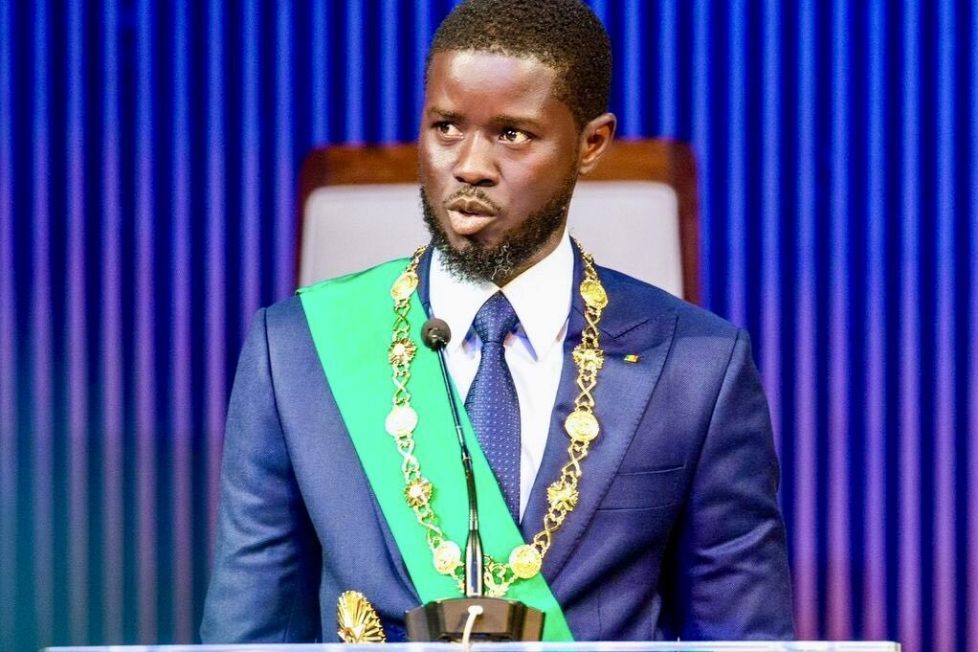Good Governance Pact: Civil Society yet to hear from Diomaye

Diomaye seems to have forgotten his commitment to the Good Governance Pact once elected. The Civil Society Collective, to which he had made a written commitment, has contacted him twice, without any response from the President of the Republic.
Bassirou Diomaye Diakhar Faye, a signatory of the Good Governance Pact, has not taken any action in line with this commitment. In fact, having committed himself in writing to applying the Pact, which focuses on 4 points, Macky Sall’s successor is conspicuous by his silence. The first step was to set up a monitoring committee to assess progress on issues of common interest or concern. Two requests for an audience have been sent to the President of the Republic. But to date, Diomaye has not responded to the requests of the Civil Society Collective, which proposed the Good Governance Pact to the presidential candidates.
Regulation of the media: The State casts its nets
“After 100 days, the relatively short timeframe does not provide conclusive evidence for an objective assessment of a process of transformation, even if it is only institutional, especially as, specifically in the case of the Pact, the commitment to implement it is for a period of one year, the first of the first mandate”, commented Mamadou Ndoye of Sursaut Citoyen, the spokesperson of the day for the collective, at a press conference held yesterday. “Why has the President of the Republic failed to reply to our correspondence for over 100 days? Why do the words Pact and National Conference seem to have disappeared from the discourse of the new authorities, even though they abounded in their messages during the pre-electoral period? Why don’t the new authorities invite the collective to take part in their dialogue initiatives on issues that concern it, such as the one initiated on the reform of the justice system?” he asked, refusing to give a mid-term assessment.
However, Mamadou Ndoye and his comrades expressed concern about the sincerity of Diomaye’s commitments. ‘We do not dare to believe that the President’s resignation as Secretary General of Pastef-The Patriots, his commitment to put an end to hyper-presidentialism and to strengthen the independence of the judiciary, his decision to initiate the Justice Conference, as well as the actions taken by the new authorities to ensure ethical governance that is sensitive to the situation of the most disadvantaged, are simply elements of communication and are not signs of a desire for transformation that we have no doubt about”, added Mamadou Ndoye.
Read the column – Waves of new rich, Struggles of new poor
Of the 17 candidates standing for election, 13 have signed the Pact and made a written commitment to ‘translate the principles, values and objectives of the Pact into an action plan to be implemented within the first year of their term of office if they win the February 2024 presidential election.”
It refers to a secular and democratic Republic organised as a decentralised unitary State in which full recognition and respect for the diversity that makes up the Nation is the cement of national unity and the basis for all public decision-making; A State governed by the rule of law, which ensures the separation and balance of powers, the independence of the judiciary, the effective exercise of individual and collective freedoms, and the rule of law, by equipping itself with appropriate mechanisms, in particular a Constitutional Court with broader and stronger powers at the head of the judicial system, as well as a judge of freedoms; a participatory democracy in which the People are the true source of all power, and consultation and participation are established as constitutional principles; global governance devoted to the general interest and based on ethics, the sacredness of public funds and property; a reorganisation of the State control system around the Court of Auditors.
By Malick GAYE / mgaye@lequotidien.sn

